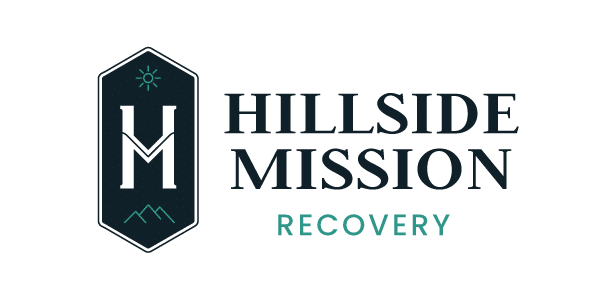Most of us know about rehab and how it is necessary for someone with an addiction to go through rehab to truly recover, but you may not know the role that medications play in the rehabilitation process. Rehab medication comes in a variety of forms and has a few different uses depending on the needs of the individual, but for many has become a vital part of the process of going through treatment, particularly when it comes to detox meds and their uses in getting people clean safely.
At Hillside Mission, we believe that everyone deserves to live a life free of addiction and that using medications is one of the ways to keep people safe while they go through the process of withdrawal and begin to get help. In this post, we are going to discuss medications used in rehab, including how they are used and which ones, as well as how to find comprehensive addiction treatment in Southern California.
How Are Medications Used in Rehab?
Although not everyone is aware, medication can be an important part of the treatment process. In fact, depending on the needs of the individual, there are a few different ways that medications can be used to either improve the success rate of treatment, manage medical issues related to the client, or deal with symptoms of withdrawal.
One of the more common uses for medication in rehab is managing the cravings that accompany withdrawal. Some medications can lessen the effects of other drugs and make it so that a person does not feel the constant urge to want to use again. This helps those who struggle with withdrawal or have relapsed in the past. Many times the cravings can get so intense that a person will do whatever they have to do to get more drugs to make the cravings go away.
Another use is in the management of symptoms of withdrawal. Besides controlling cravings, there are a wide range of symptoms that a person can experience when going through withdrawal from nausea and vomiting to full-blown seizures, depression, and more. Sometimes medication is used to treat or lessen the effect of these symptoms so that the person can complete the withdrawal process without any major incidents.
Lastly, medication may be used to manage existing health problems or to treat co-occurring mental disorders such as anxiety and depression. It is typically impossible to treat addiction without also dealing with the mental illness that a person also has, so in these cases, medication may be used as part of a treatment for these issues.
Which Medications Are Used During Treatment?
Depending on the situation, certain drugs are used as treatment during rehab. For example, some drugs are used to mimic the effect of other drugs and reduce cravings. These drugs, like Methadone, for instance, help reduce withdrawal symptoms while still helping a person detox from whatever drug they were addicted to.
Most of the time, this is used in severe cases where a person suffers from intense cravings and needs some relief. This can often make the difference between whether a person relapses or whether or not they complete the detox process and go on to continue treatment.
Some medications do not manage cravings, but instead, work to alleviate the physical and mental symptoms of withdrawal to make the process more tolerable. Additionally, some medications are used for specific drug or alcohol treatment to help deal with cravings and symptoms.
In other cases, some drugs like benzodiazepines and antidepressants are used to treat symptoms of anxiety and depression in those recovering from addiction. These can either be side effects of withdrawal or directly related to the addiction itself, which is known as a co-occurring disorder and means that the person has a mental illness tied to their addiction. Without treating both at the same time, it is impossible to ever truly recover from addiction because both conditions tend to feed off one another, and so long as one exists, the other will continue as well.
Lastly, medications are sometimes used to manage existing health issues while undergoing detox and treatment. The goal of medical supervision during the treatment process is to ensure that clients stay healthy while their body gets used to not being on drugs and alcohol. This can sometimes be made more difficult when a person has pre-existing health issues or develops health issues as a result of the addiction.
How to Find Comprehensive Addiction Treatment in Southern California
You could spend hours looking for facilities that offer medication assistance and other support, or you could come to Hillside Mission Recovery, where we take a truly comprehensive approach to addiction treatment, including detox medications and a wide range of therapy and treatment options.
Our Orange County residential inpatient facility is designed with luxury and comfort in mind so that clients can focus on their goal of getting sober. We provide access to aftercare services to continue the process once treatment ends.
Contact Hillside Mission Recovery today if you or a loved one are suffering from addiction and need help. Our Mission Viejo rehab center is here to help through inpatient and clinical detox programs in Orange County.







